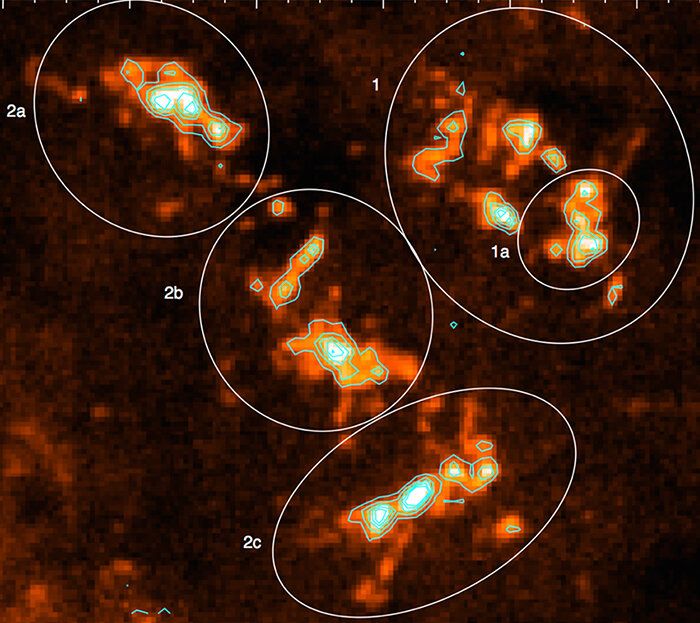On its final flyby of Saturn’s largest moon in 2017, NASA’s Cassini spacecraft gathered radar data revealing that the small liquid lakes in Titan’s northern hemisphere are surprisingly deep, perched atop hills and filled with methane.
The new findings, published April 15 in Nature Astronomy, are the first confirmation of just how deep some of Titan’s lakes are (more than 300 feet, or 100 meters) and of their composition. They provide new information about the way liquid methane rains on, evaporates from and seeps into Titan—the only planetary body in our solar system other than Earth known to have stable liquid on its surface.
Scientists have known that Titan’s hydrologic cycle works similarly to Earth’s—with one major difference. Instead of water evaporating from seas, forming clouds and rain, Titan does it all with methane and ethane. We tend to think of these hydrocarbons as a gas on Earth, unless they’re pressurized in a tank. But Titan is so cold that they behave as liquids, like gasoline at room temperature on our planet.






